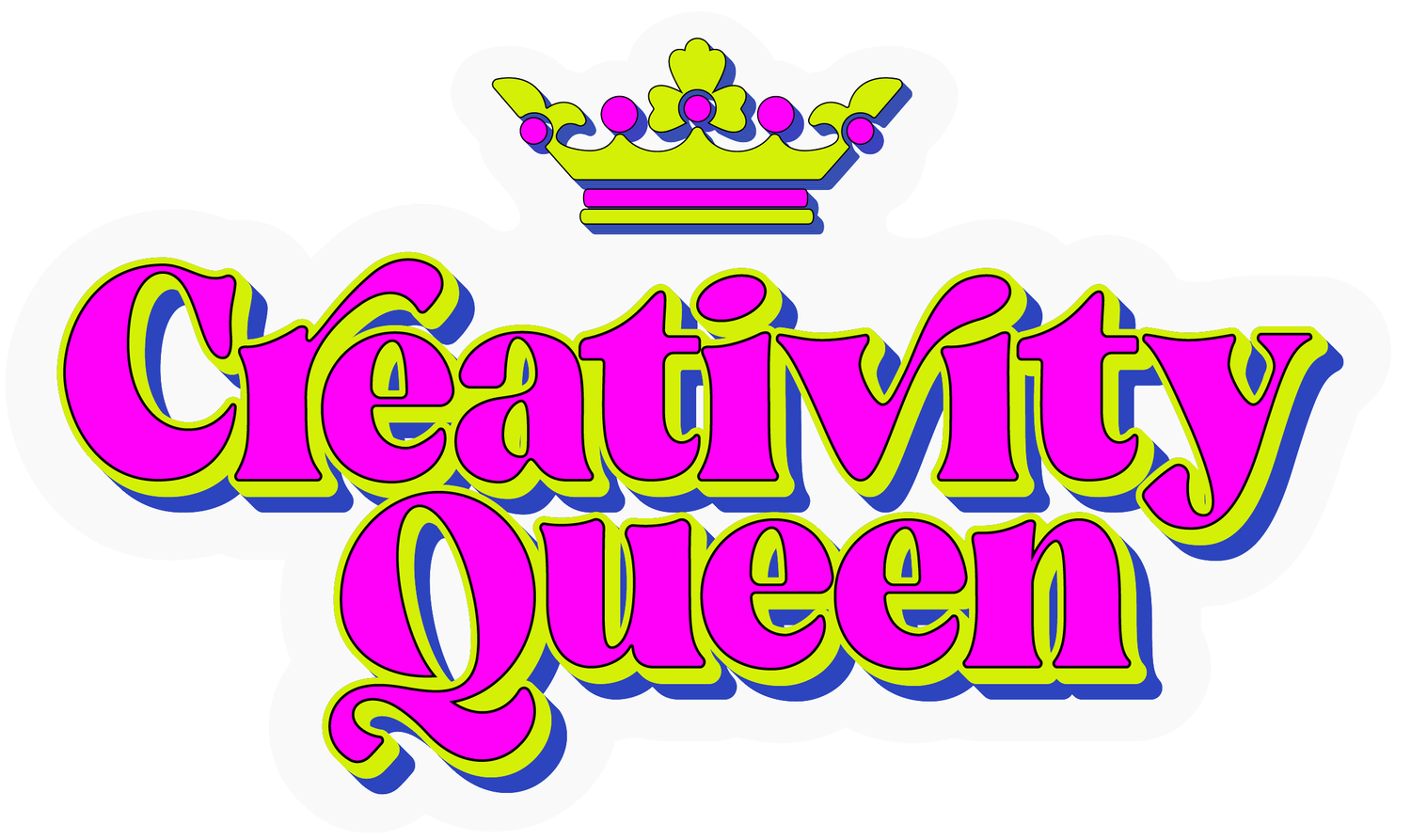Help Your Child Communicate :Tips for Positive Communication for Busy Families
Family
This original article appeared in YourTango
Is your family swamped by too many things on the to do list, leaving little time for deep connections with those in your family? Maybe you've seen your child become upset and overwhelmed, but you're so depleted and rushed there is little time to understand what your child is really feeling? If children do not feel heard and validated they will express their feelings in other unhealthy ways, leading to possible behavior and emotional problems. That means your child may have tantrums, act out, shutdown, or meltdown as an attempt to express their needs. Healthy communication is essential in all relationships and these three tips will help your child positively communicate.
So what's a busy parent to do? STOP, LISTEN, and VALIDATE (kinda like stop, drop and roll).
1. When your child is starting to become upset, they give signals.
As a parent you know that they are getting upset, and sometimes you've got to go and can't always attend to what they are feeling. However, if you take a few seconds and STOP you can shift the reactive response that is brewing within your child. It takes more time to try to get your child back on track after they have a meltdown than it does to STOP. Stopping allows you to step into your parenting power so you're not responding from a reactive frazzled state. Stopping allows your child an opportunity to self-regulate, so they can learn how to get back in control of their behaviors. Stopping allows you to be present, loving, and open to hearing and seeing what's really happening with your child; so you can help them express their feelings and they learn other ways to communicate, rather than being reactive.
2. When you stop you can be fully present to LISTEN and hear what their needs are.
They may need to express thoughts and feelings that are not related to what's on your agenda. When you model being flexible your child will also learn flexibility. You have to decide what's important: is it teaching your child a positive way to communicate their needs or is it that they learn how to "jump to it" and be on time so that others are not upset? I know this is a polarized example, but I want you to think about what you are emphasizing as important values for your child. Listening and really hearing your child takes only a few minutes, yet the importance of this leads to health sense of self, learning positive communication skills, and respect (which all parents want their child to learn).
3. VALIDATING means you recognize what your child may be feeling and thinking.
It's not necessary to problem solve for them, tell them what is wrong or bad, or that you don't condone what they are saying. It just means that you get their point of view and deeply understand their feelings. When kids are being reactive they are operating from FEAR and CONTROL. Validating their feelings allows a child to feel emotionally safer and acts as a re-set button on their feelings. When you give your child your full attention and validate their feelings, they feel understood (which often reduced meltdowns and tantrums).
Here's a creative activity to help your child through this process. If you notice your child is about to lose control of their feelings ask them to tell you what they are feeling. If they are unable to do so or they are overwhelmed ask them to go to a quite place and make a picture of what that feeling looks like, such as, Can you make a picture of how mad you are? If your child chooses to share the picture with you do not make corrections or tell them they shouldn't feel that way. Listen to them and validate their feelings. Model this and your child will have a set of skills that will lead to life long success!
Are you in need of support to help your child manage their behaviors and feelings? Schedule your Complementary Child Support Consultation.

